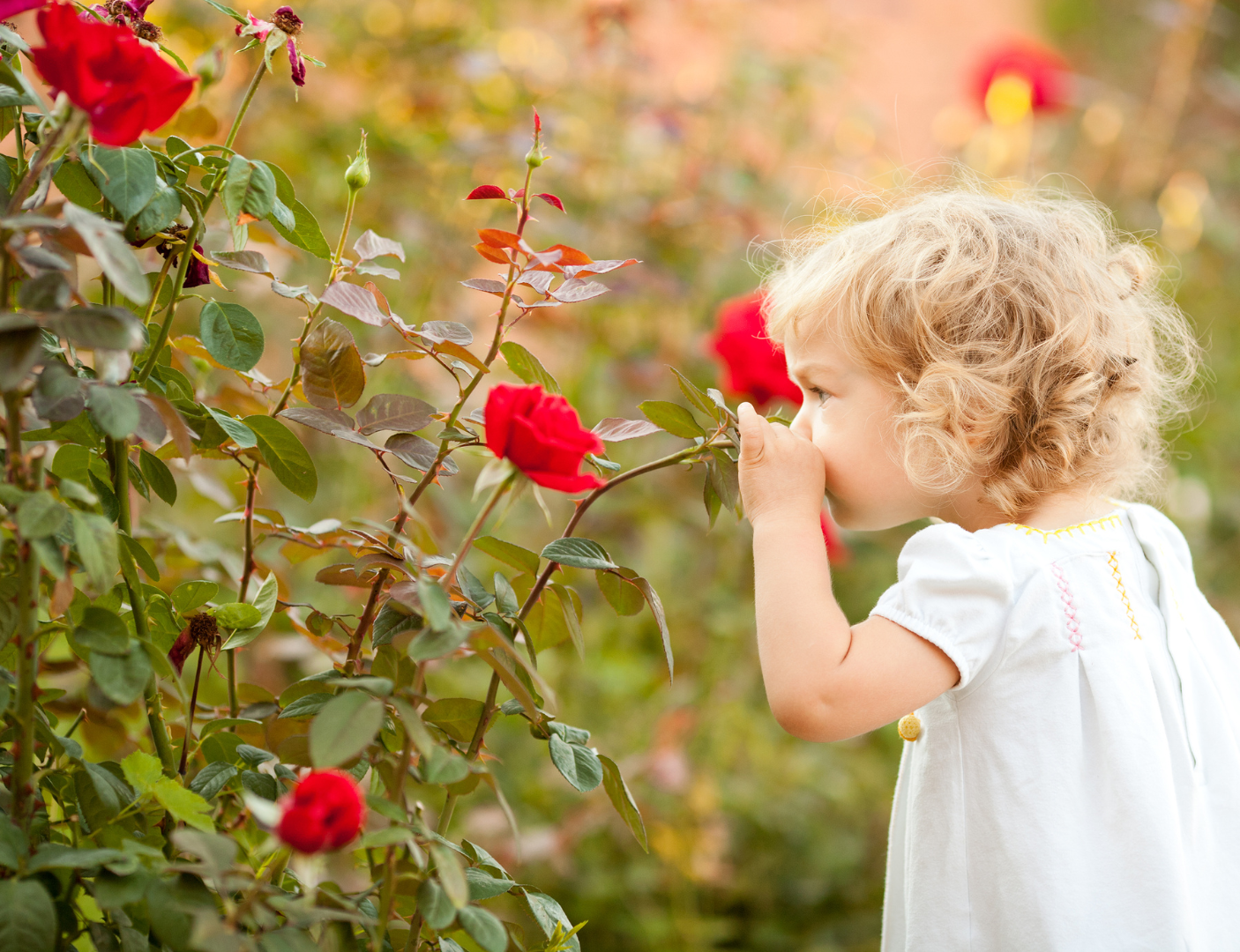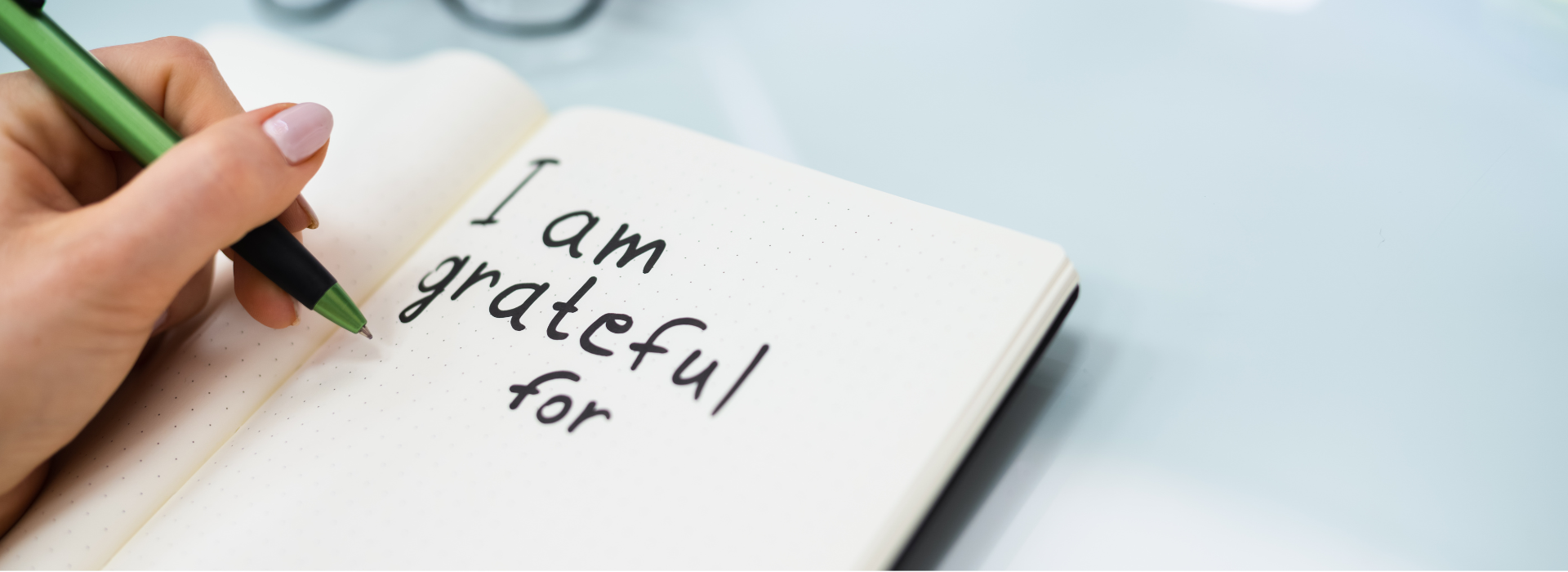Hello again, Marina here.
I want to tell you about how gratitude has become one of the most beneficial parts of my daily self-care practice. It’s a simple but effective tool that supports good mental health and well-being, and you can start now just as you are with things you already have! Let's go over why and how to start practicing gratitude.
The power of gratitude lies in its ability to shift our focus from what we lack onto what we have and appreciate. When you practice gratitude regularly, it helps retrain your brain's neural pathways so that a more positive way of thinking becomes natural over time. Gratitude has been linked with improved physical and psychological well-being as well as increased feelings of optimism and joy, which are essential attributes of improving or maintaining good mental health.
Here are some of the benefits:
- Reduced stress levels
- Improved sleep quality and duration
- Strengthened relationships with others
- Enhanced problem-solving skills
- Improved self-esteem
- Increased resilience to difficult situations
- Greater sense of gratitude and appreciation for life
- Increased happiness and contentment
- More optimistic outlook on life
- Improved mental health
As well as being an effective form of self-care, gratitude can also be used as a tool for connecting with others and fostering strong relationships. When we take the time to appreciate and acknowledge the people who are important in our lives, it can help create a sense of connectedness that can help us stay grounded when negative thoughts and emotions arise.
So how do you practice gratitude?
One of the easiest and most powerful ways to practice gratitude is to spend some time in nature. You can sit under a tree, take a walk, or stop and smell the roses - literally! I like to go outside and sit for a moment, paying special attention to the wind in the trees, the birds chirping, and sweet smelling flowers around me. While in this state of gratitude, I turn my attention to other things I am thankful for, such as my health and the friends and family that support me.

Here are some ideas on ways to practice gratitude:
- Meditate and focus on what you are grateful for each day
- Keep a gratitude journal - write 1-3 things each morning to focus on throughout the day.
- Express gratitude to someone important in your life
- Pay attention to small moments of joy throughout the day and take note of them
- Be kind to others, even if they don’t reciprocate
- Remind yourself of silver linings during difficult times
- Use gratitude to fuel your motivation and help you take action on your dreams
Regardless of how you choose to express gratitude, whether you share it with others or reflect silently, the act of expressing gratitude is incredibly powerful. I have found that choosing one thing to focus on each day works best for me. In the morning I write it in a journal, set a reminder on my phone, and put a sticky note on the fridge or bathroom mirror. When reminded about it, I simply take a few moments to show it some attention, then go on about my day with it in mind.

Be mindful of positive experiences that happen, savoring moments and actively expressing gratitude for the things or people in your life that bring you joy or provide support. Since one of the many benefits of gratitude is reduced stress levels, this will prove to be very beneficial in times of stress because you are retraining your brain to replace the old habit of negative thought pattern.
Learning how to be more mindful of your thoughts and purposefully finding gratitude is a practice worth cultivating.
The good news is that there is no wrong way to do it! Start with one thing, find what works, and let the practice evolve into something that works best for you. With gratitude as self-care, you will enjoy all the benefits associated with good mental health, while creating deeper connections with those around you.
An attitude of gratitude can change your life!
Joyfully,
Marina
